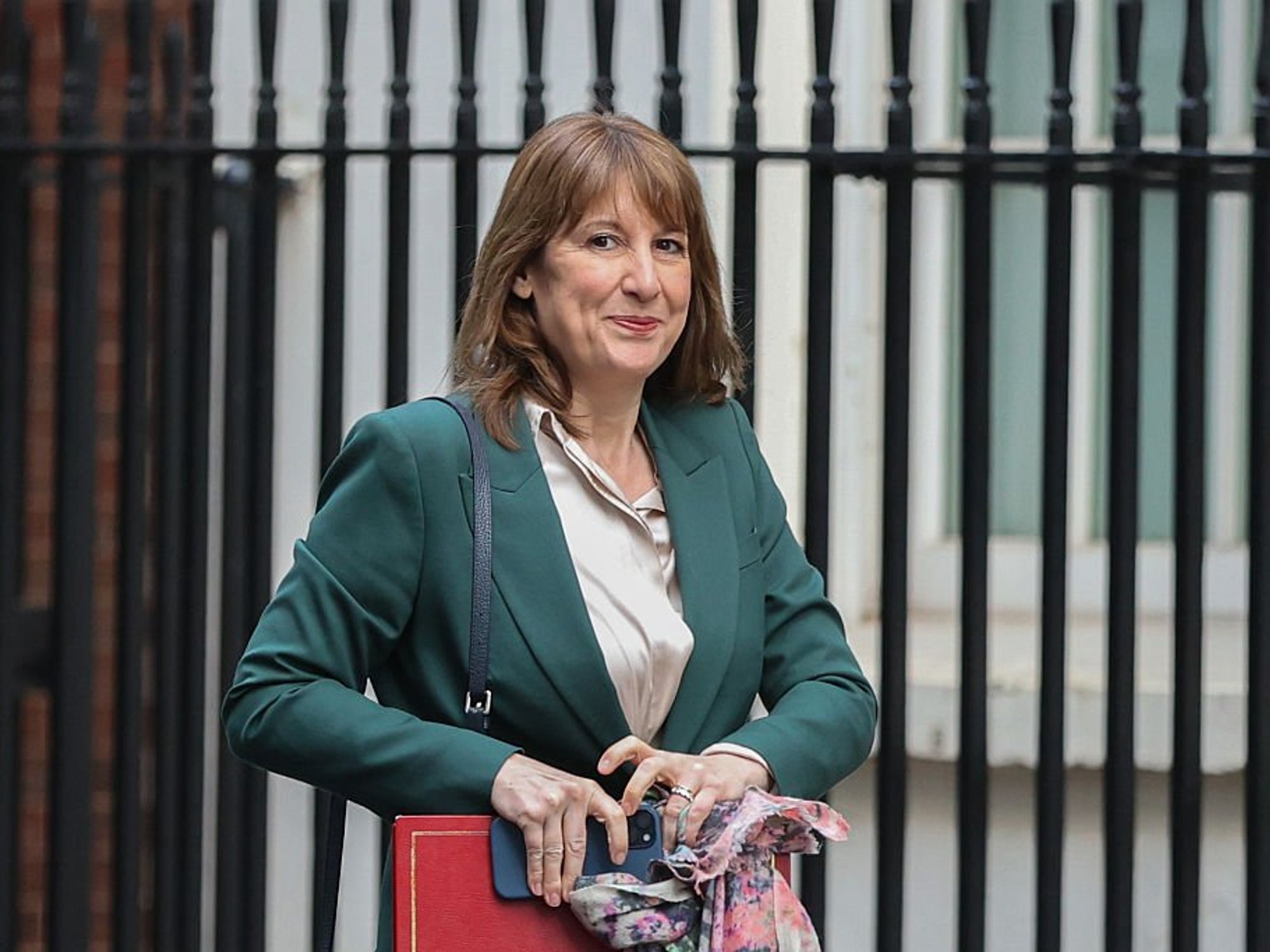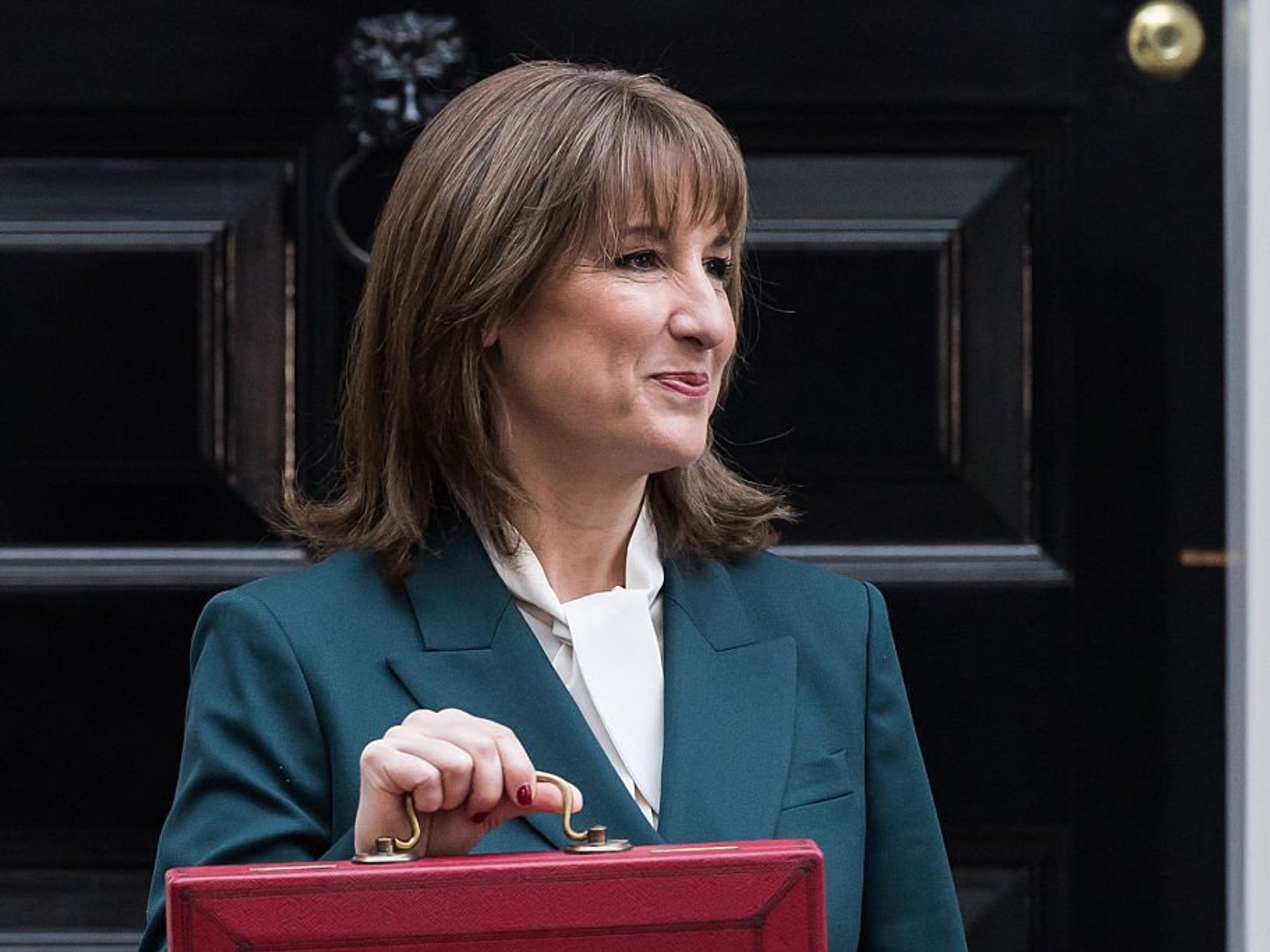State pensions set to rise by 4.7% next year in £500 triple lock payment boost for millions
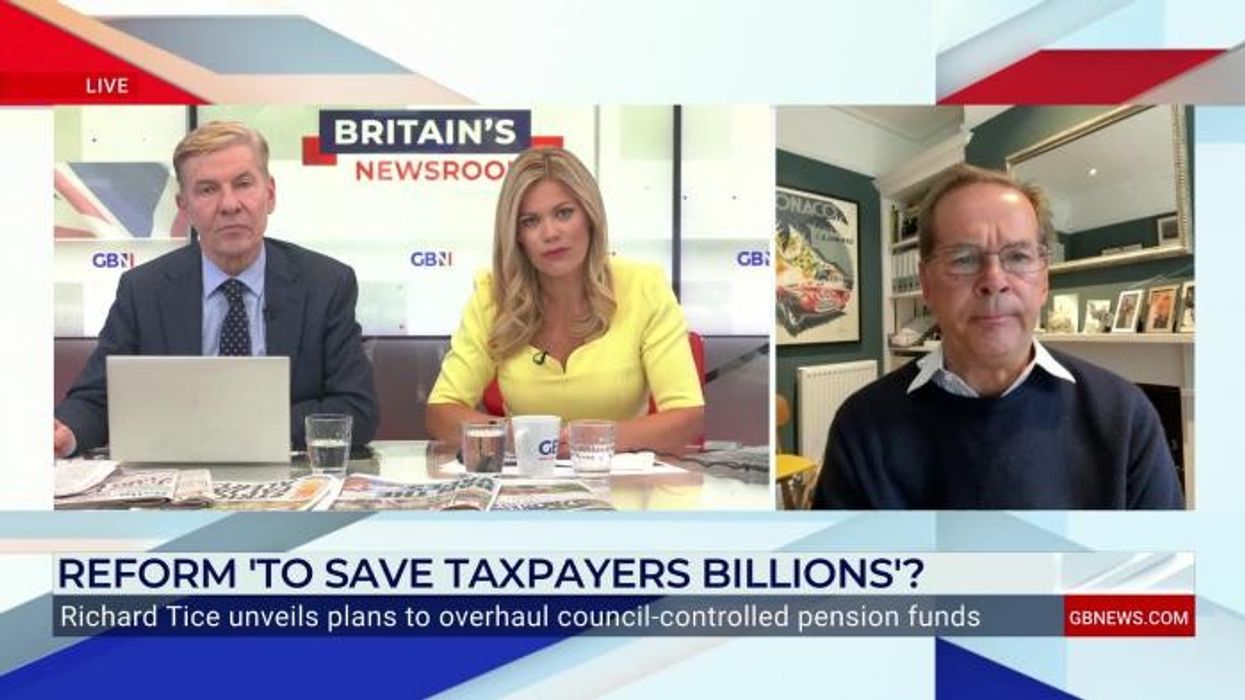
Economist Neil Record questions Reform UK’s plans to overhaul council pension funds. |
GB NEWS

Under the triple lock, state pension payment rate increase by either the rate of inflation, average wage growth or 2.5 per cent
Don't Miss
Most Read
Latest
State pension payments are likely to rise by 4.7 per cent next year, following the publication of the most recent wage growth data from the Office for National Statistics (ONS).
Figures from the ONS found total pay including bonuses for the three months to July was 4.7 per cent, surpassing the expected consumer price index (CPI) inflation rate figure for September, which will be confirmed tomorrow (September 17).
Introduced in 2010 under the Conservative-Liberal Democrat Coalition Government, the triple lock ensures state pension payment rates rise every year by either wage growth, inflation or 2.5 per cent; whichever is the highest.
As such, those in receipt of the full, new state pension are expected to receive a more than £500 payment boost from April next year. As it stands, 13 million pensioners are in receipt of the retirement benefit.
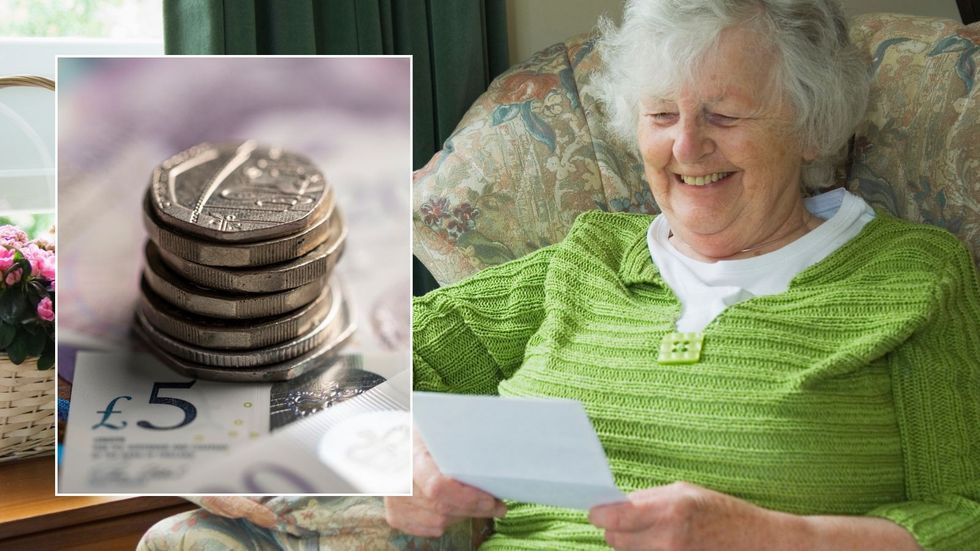
State pensions will rise by 4.7 per cent next year, based on today's ONS figures
| GETTYThe triple lock is based on either September's CPI inflation rate or the wage growth figures for the three months to July, with the former expected to reach four per cent.
Based on today's ONS data, the new flat-rate state pension is projected to increase to £241.05 a week. That will take it to £12,534.60 a year, a hike of £561.60 compared with now.
In comparison, the old basic state pension, which is for those who reached state pension age before April 2016, is expected to go up to £184.75 a week.
This would represent a £431.60 financial boost, taking payments to £9,607 annually.
Do you have a money story you’d like to share? Get in touch by emailing money@gbnews.uk.
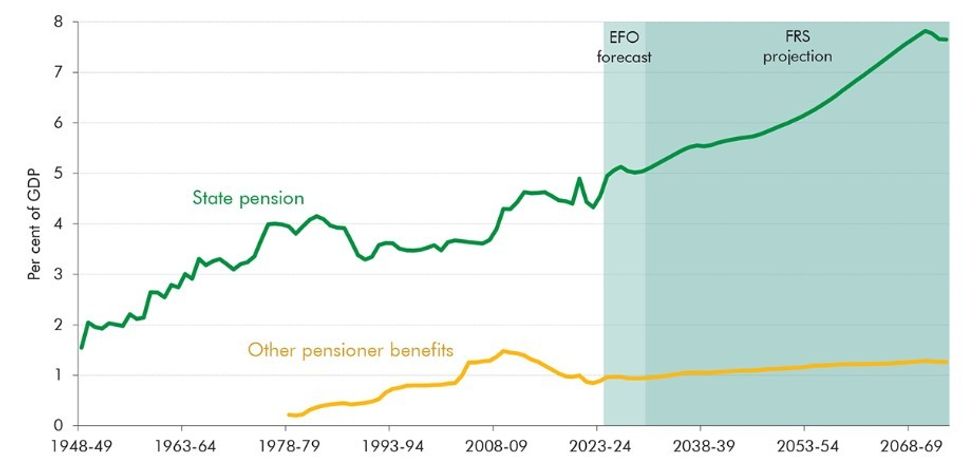 How much will the state pension triple lock cost the British taxpayer? | OBR
How much will the state pension triple lock cost the British taxpayer? | OBR Despite this boon for pensioners, analysts have warned that Britons are at risk of being hit by a stealth tax raid on their state pension alone due to the consequences of fiscal drag.
This is the term used to describe when tax allowances are frozen over a period of time when wages or inflation rise, resulting in people being pulled into higher tax brackets.
As it stands, the personal tax-free allowance for all Britons is set at £12, 570 with next year's triple lock hike pulling the state pension "perilously close" to this threshold.
Rachel Vahey, the head of public policy at AJ Bell, said: “Pensioners will be rejoicing at the prospect of an inflation-busting rise to the state pension from April next year as a result of the triple lock guarantee.
MEMBERSHIP:
- Labour accused of rigging debate over Chagos surrender by smuggling in 'killer' clause: 'This is NO democracy'
- Nigel Farage secures crushing victory with FOUR election wins as the Prime Minister is mired in chaos
- Our new Home Secretary's record on crime should be in the welcome pack for small boat arrivals - Carole Malone
- POLL OF THE DAY: Are Britain's schools doing enough to preserve the memory of our Battle of Britain heroes? VOTE NOW
- EXPOSED: Keir Starmer humiliated on eve of Donald Trump visit as bombshell letter threatens 'surrender' deal
"Inflation doesn’t spike above 4.7 per cent in September, all stars point to these latest earnings figures boosting the new state pension to £12,534.60 from April 2026 – putting it above £12,000 for the first time ever and perilously close to the frozen personal allowance."
Steven Cameron, the pensions director at Aegon UK, added: “Today's announcement that year-on-year earnings growth for May to July stands at 4.7 per cent is the greatest indication yet of the increase state pensioners may receive next April.
"Each April, the state pension increases in line with the triple lock – whichever is highest out of earnings growth for the preceding May to July period, consumer inflation in the preceding September, or a fixed minimum of 2.5 per cent. "
"Given that we now know earnings growth at 4.7 per cent is higher than the 2.5 per cent minimum, all eyes turn towards September’s inflation rate, which should be announced on October 22.
LATEST DEVELOPMENTS:
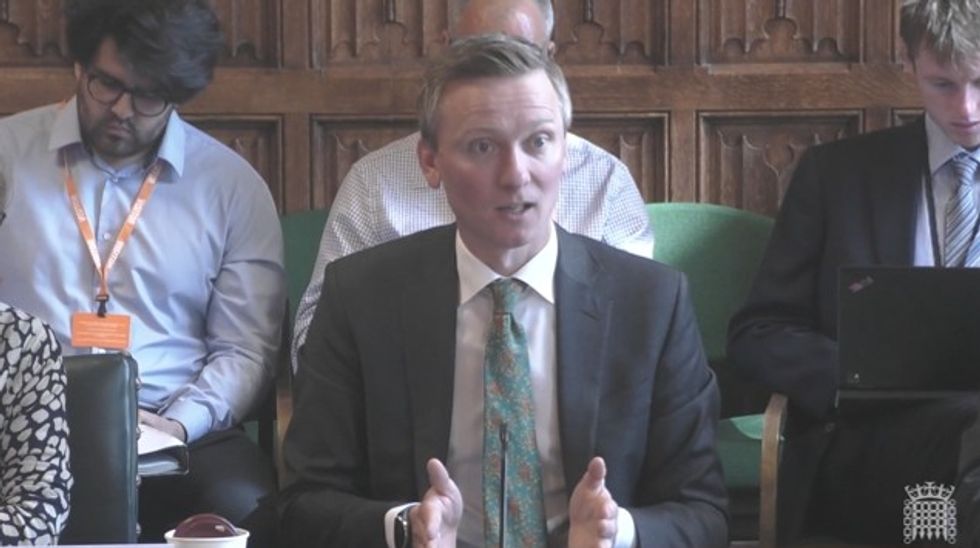 Pensions Minister Torsten Bell has promised to keep the triple lock in place | PA
Pensions Minister Torsten Bell has promised to keep the triple lock in place | PA"Inflation has been increasing, albeit gradually, over the past few months, most recently standing at 3.8 per cent. In August, the Bank of England predicted inflation would peak in September at four per cent. Therefore, inflation would have to rise sharply to exceed the earnings figure.
"When earnings growth exceeds inflation, pensioners receive an increase based on earnings which is good news for them as it improves their purchasing power. If inflation exceeds earnings growth, this determines the triple lock increase, and purchasing power is protected, albeit not improved."
Last week, Labour's Pensions Minister Torsten Bell confirmed that the Government would keep the triple lock in place under at least the next four year.
He said: "I always say that if you want to know what the Government is doing, then you can read the manifesto, because it tells you, which is that the triple lock is staying for the course throughout this parliament."
More From GB News








